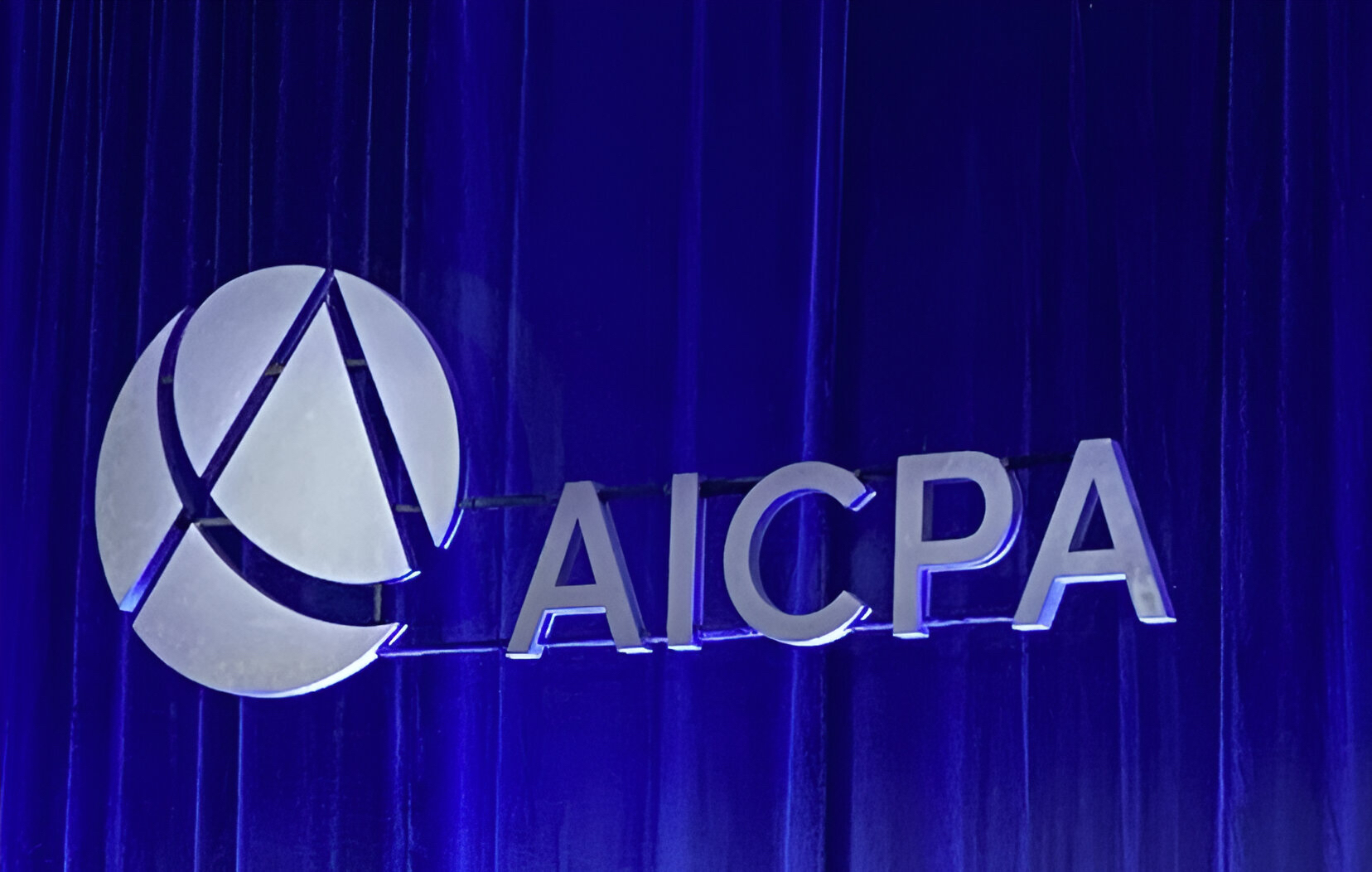From the IRS Inside blog.
Because of last-minute tax changes this year, 31 IRS forms needed for filing were delayed. Some taxpayers who had to wait for these delayed forms may file an extension. When filing extensions, taxpayers are required to estimate and pay 90% of their tax liability (Treas. Reg. 301.6651-1(c)(3) and (4)). However, some taxpayers may not have had the benefit of the forms, including computations, to help them properly estimate their liabilities.
When taxpayers incorrectly estimate and inadvertently underpay their tax liabilities with a filed extension, the IRS automatically imposes a failure to pay penalty.
On March 20, the IRS announced that it will waive failure to pay penalties for taxpayers filing extensions on returns that include one of the 31 forms that were delayed (Notice 2013-24). The IRS is not providing automatic relief from this penalty; taxpayers must request relief in a letter after the IRS assesses the penalty.
To obtain the penalty relief, the taxpayer must:
- File a timely extension and pay the estimated amount by the original due date of the return.
- Make a good faith effort to estimate the proper tax liability on the extension.
- Pay any additional amounts owed on the filed return before the extended due date.
- Request the relief in writing after the penalty has been assessed.
The relief applies to individuals, estates, trusts, corporations and other entities with March 15 and April 15 filing deadlines. You can use the following template letter to guide your request for relief for your client:
|
To: Internal Revenue Service
Taxpayer name: Subject: Request for automatic abatement of IRC Section 6651(a)(2) penalty for 2012 Form XXXX via Notice 2013-24, due to delayed release of Form XXXX (list one or more of the late forms) The taxpayer listed above qualifies for relief of the Section 6651(a)(2) failure to pay penalty on Form XXXX for 2012. The taxpayer filed an extension estimating his/her taxes in good faith. However, as described in Notice 2013-24, the taxpayer was affected by one of the delayed forms, Form XXXX. The taxpayer properly paid the estimated amount owed by the original due date of the return, as well as any remaining amount owed on the return by the extended due date. Please abate the failure to pay penalty under Notice 2013-24.
Sincerely, John Doe, CPA for taxpayer |
|---|
Although the IRS stated that taxpayers should submit a letter to request this waiver, you can also likely request it using IRS e-Services. The IRS commonly accepts administrative waiver abatement requests via e-Services for the failure to pay penalty and other system-generated penalties.
Here are the 31 forms that were delayed this filing season that apply to the IRS penalty waiver in Notice 2013-24:
- Form 3800, General Business Credit
- Form 4136, Credit for Federal Tax Paid on Fuels
- Form 4562, Depreciation and Amortization (Including Information on Listed Property)
- Form 5074, Allocation of Individual Income Tax to Guam or the Commonwealth of the Northern Mariana Islands (CNMI)
- Form 5471, Information Return of U.S. Persons With Respect to Certain Foreign Corporations
- Form 5695, Residential Energy Credits
- Form 5735, American Samoa Economic Development Credit
- Form 5884, Work Opportunity Credit
- Form 6478, Alcohol and Cellulosic Biofuels Credit (Including Second Generation Biofuel)
- Form 6765, Credit for Increasing Research Activities
- Form 8396, Mortgage Interest Credit
- Form 8582, Passive Activity Loss Limitations
- Form 8820, Orphan Drug Credit
- Form 8834, Qualified Plug-in Electric and Electric Vehicle Credit
- Form 8839, Qualified Adoption Expenses
- Form 8844, Empowerment Zone Employment Credit
- Form 8845, Indian Employment Credit
- Form 8859, District of Columbia First-Time Homebuyer Credit
- Form 8863, Education Credits (American Opportunity and Lifetime Learning Credits)
- Form 8864, Biodiesel and Renewable Diesel Fuels Credit
- Form 8874, New Markets Credits
- Form 8900, Qualified Railroad Track Maintenance Credit
- Form 8903, Domestic Production Activities Deduction
- Form 8908, Energy Efficient Home Credit
- Form 8909, Energy Efficient Appliance Credit
- Form 8910, Alternative Motor Vehicle Credit
- Form 8911, Alternative Fuel Vehicle Refueling Property Credit
- Form 8912, Credit to Holders of Tax Credit Bonds
- Form 8923, Mine Rescue Team Training Credit
- Form 8932, Credit for Employer Differential Wage Payments
- Form 8936, Qualified Plug-in Electric Drive Motor Vehicle Credit
—–
Thanks for reading CPA Practice Advisor!
Subscribe Already registered? Log In
Need more information? Read the FAQs
Tags: IRS




